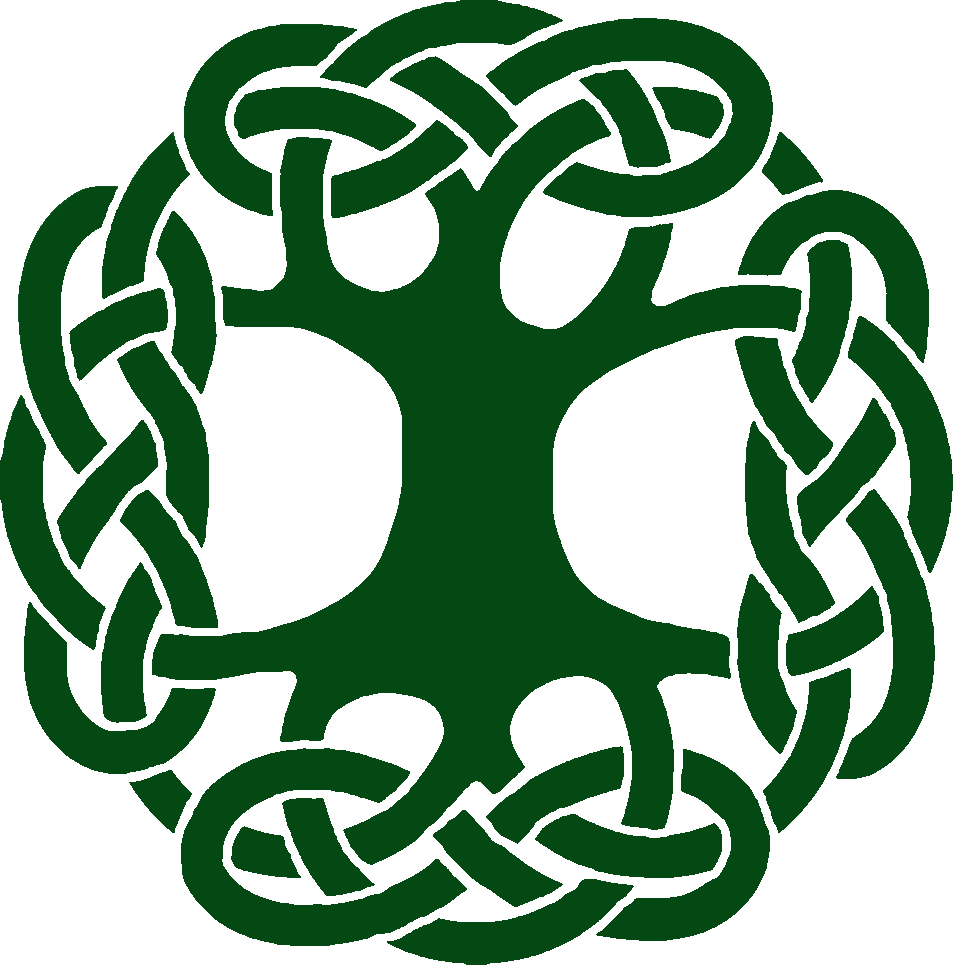
Comparative evidence
1.teu̯d, 1.steu̯d
• Lat. tundō ‘strike’ (with repeated blows), ‘beat’, ‘beat’ (the breast, as a sign of grief), ‘buffet’ (of wind, waves), ‘assail’, ‘assail’ (the ears with the constant repetition), ‘din’ (a statement into ears), ‘beat’ (ingredients to powder or pulp), ‘crush’, ‘bruise’ (OLD: 1989f.).
quid hoc quid picus ulmum tundit? Pl. As. 262; cor … de labore pectus tundit Cas. 415 ingentem gemitum tunsis ad sidera tollint pectoribus Verg. A. II 37; saxum … quod tumidis summersum tunditur Euro Verg. G. 3.382; hordeum … madidum … in pila tundunt Plin. Nat. 18.73 (OLD 1989f.).• Lat. studeō ‘devote oneself’ (to a specified activity or study, the attainment of some object, etc.), ‘concern oneself’ (with smth.), ‘concentrate’ (on), ‘strive after’, ‘be a partisan’ (of), ‘support’, ‘favour’, ‘take sides’, ‘apply oneself’ (to one’s books), ‘study’ (OLD: 1830).
is apud scortum corruptelae est liberis, lustris studet Pl. As 867; maxime omnium nobelium Graecis litteris studuit Cic. Brut. 78; dumum studio haec priu’ quam ille redeat Ter. Hec. 262; ego me id facere studio Pl. As. 67; quamquam Volcano studes, cenaene caussa … nos nostras aedis postulas combuere? Pl. Aul. 359; cum studeret, habebatur bonus declamator Sen. Con. 2.2.9; Commentary: EDL: 593: Lat. studēre can be understood as a stative from the dynamic meaning ‘thrust’, with the semantic change ‘thrusting’ > ‘strive after’.References
OLD = Oxford Latin Dictionary, 1968. Clarendon Press. EDL = de Vaan, Michiel. 2008. Etymological dictionary of Latin and the other Italic Languages. Leiden: Brill.